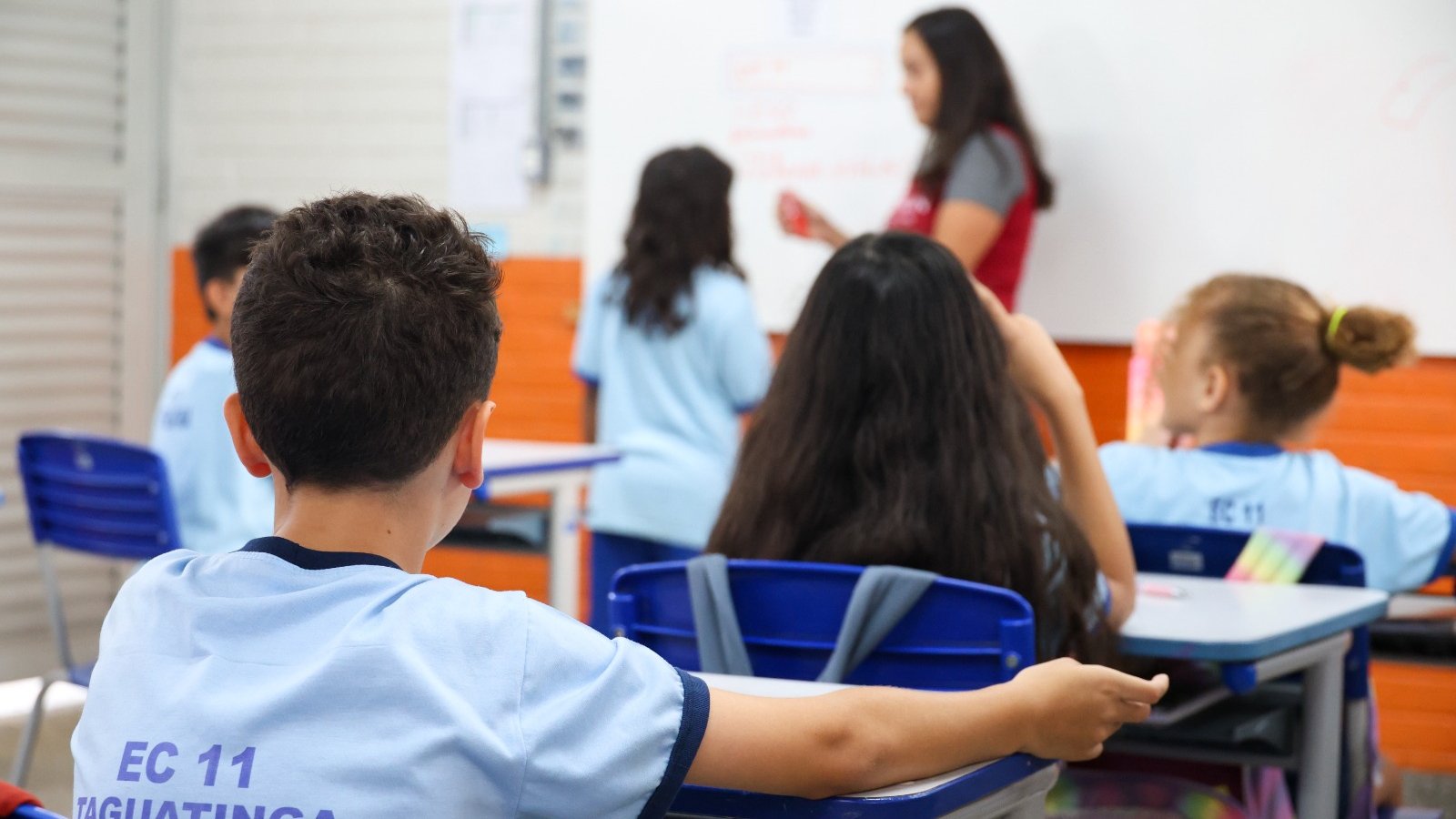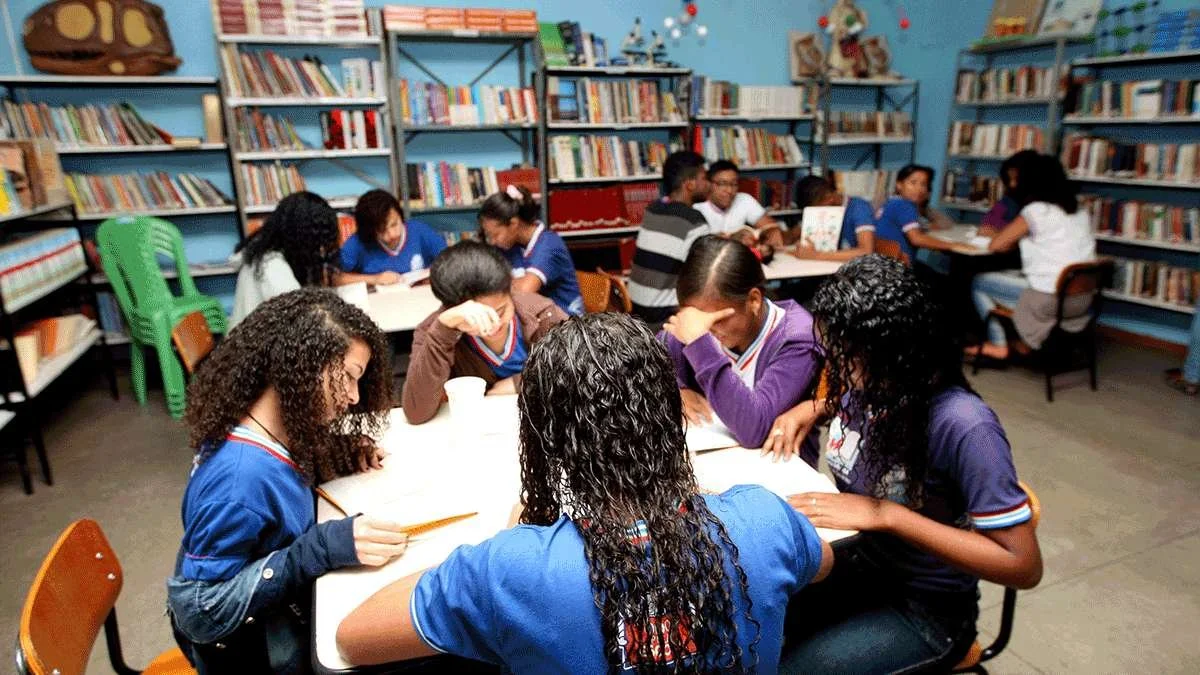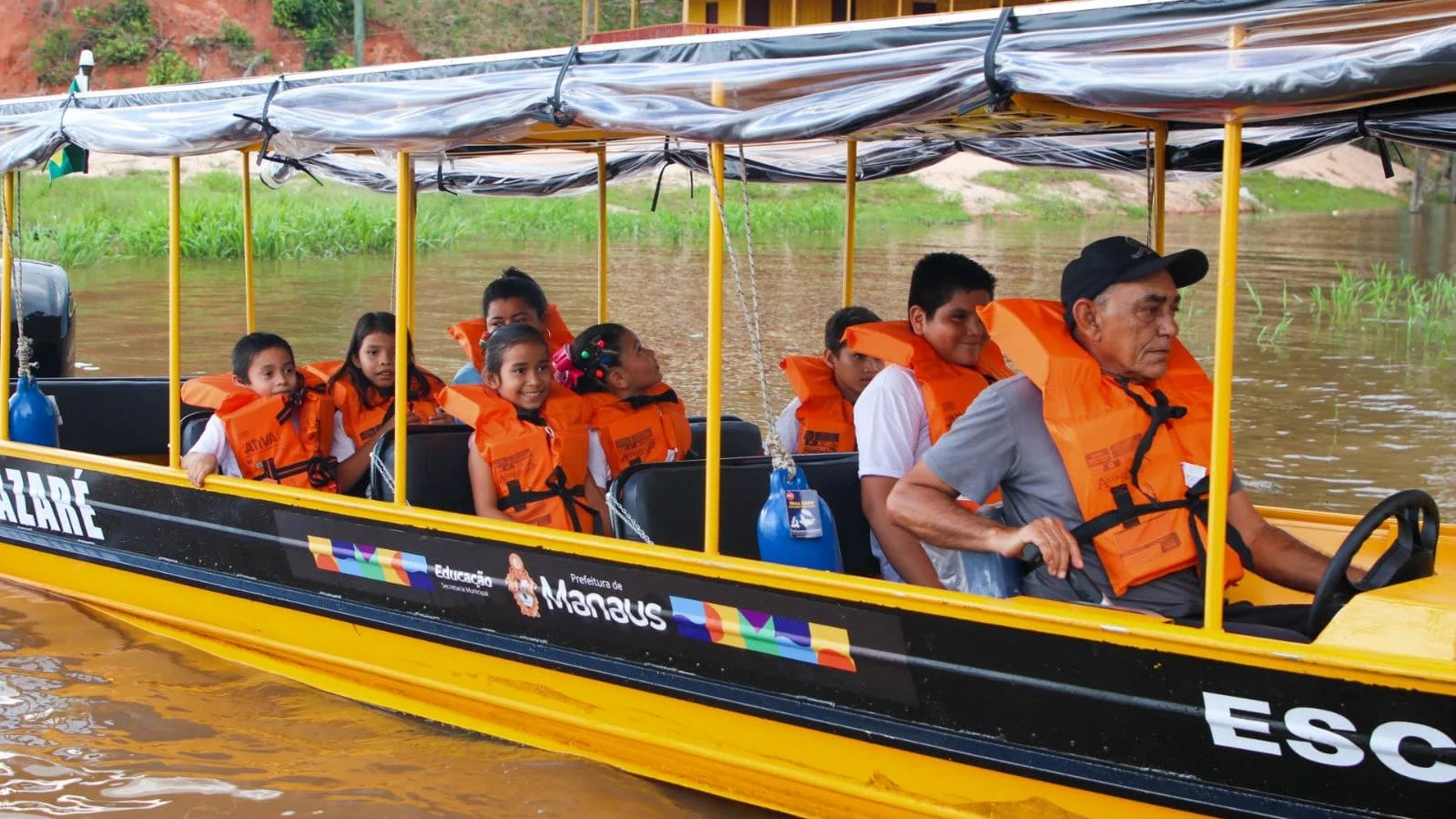Case Study 2
Brazil
The schools of Brazil’s Landless Rural Workers Movement (MST) are an example of increasing education access and quality to rural populations through the work of social movements with the government. The case also depicts the work of a participatory governance that draws from a critical approach, or Freirean pedagogy.
Participatory and Inclusive Rural Education with Brazil’s Landless Rural Workers Movement (MST)
Brazil’s Landless Rural Workers Movement – or Movimento dos Trabalhadores Rurais Sem Terra (MST) in Portuguese, is a Brazilian social movement for agrarian reform that has established a network of schools in its communities, promoting the inclusion of rural children and advocating for the improvement of public rural schools. With principles of radical democracy and social justice, its pedagogy draws from Freire’s critical pedagogy.
The school work is done with the community, with localised curriculum and management. The schools also offer education to young people and adults who dropped out of school.
Context and Relevance: Expanding Access to Rural Children
Providing quality education for rural populations is fundamental both for the provision of education as a right and as a tool for social and economic development. However, offering free quality public education for rural populations is a challenge for many developing countries. There are often insufficient schools, and the content and pedagogy are often disconnected from the rural context. Private alternatives have been gaining attention as possible solutions in the last few years, such as low-fee private schools.
In Brazil, the right to education has been historically denied to rural populations and, in response to this situation, rural social movements have been working to have their rights ensured by working with local governments to open and improve schools in rural areas and acting in policy advocacy.
The Approach: Social Movements, Critical Pedagogy and Participatory Governance
The MST is one of the largest social movements in Brazil, which identifies unproductive pieces of land and creates settlements to start farming them. Once a settlement is created, a school is also funded. This is based on a holistic understanding of development and aims to ensure the right to education of historically excluded rural populations. The MST schools are publicly owned, funded and run, and have strong linkages with local communities with a democratic governance structure. The MST works with the state to ensure that these schools receive adequate support and financing, whilst also advocating for rural education policies.
The schools offer early years education, literacy for adult workers, and access to universities. Reflecting its worldview and social goals, the MST schools’ educational approach draws from the Freirean “popular education”. It means they are based on humanist and collaborative principles, combine theory and practice, are focused on local realities, and aim to create critical citizens that can enact social change. Concerning governance, the schools follow the principles of a democratic and participatory governance. Community members are actively engaged in the management of a school, through formal and informal channels, and they monitor policies and present demands for change.
The MST has more than 9,000 settlements in almost all states of Brazil, in which 933,836 families live. In 2019, there were about 1,500 MST functioning schools, and some have been awarded prizes. The MST schools have also provided schooling for more than 160,000 young people and adults.
Lessons Learned and Limitations
The MST schools have been very successful in expanding education access and offering quality education to rural populations. The case is an example of participatory governance, engaging local communities, and these schools exemplify how social movements can actively propose solutions and collaborate with governments to promote access to education. The participatory approach allows for the emergence of new and relevant solutions, advancing a radical democracy that is lived in and through schools. Governments can collaborate with local groups and social movements to expand the offer of education for rural populations, ensuring access and inclusion.
Despite the advances and lessons, the MST case and the countryside education in Brazil face challenges. Since 2016, rural schools have been closed, mostly due to the austere investment cuts that have resulted in the violation of the right to education. The relationship between the movement and governments often involves tensions and disputes, and positive outcomes depend on having governments that are more open to dialogue with social movements. However, the case offers inspiring lessons for a democratic and transformative education.
Download the full resource




